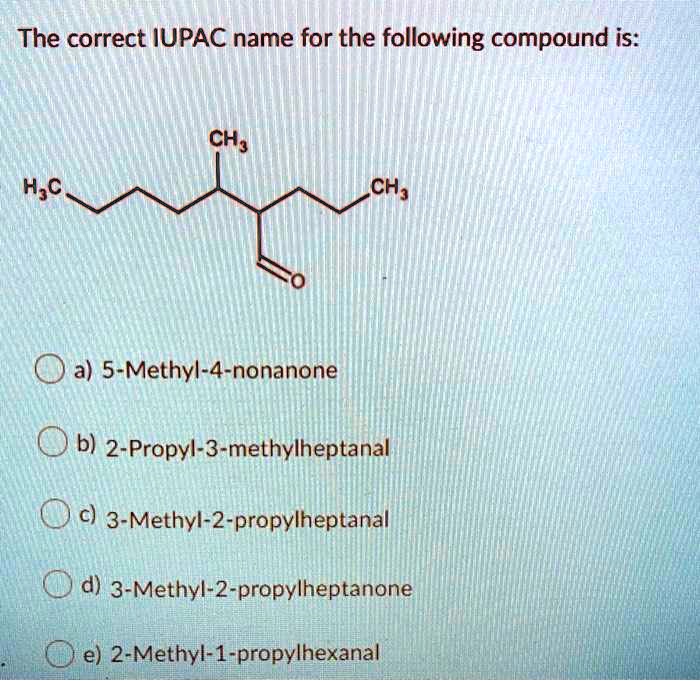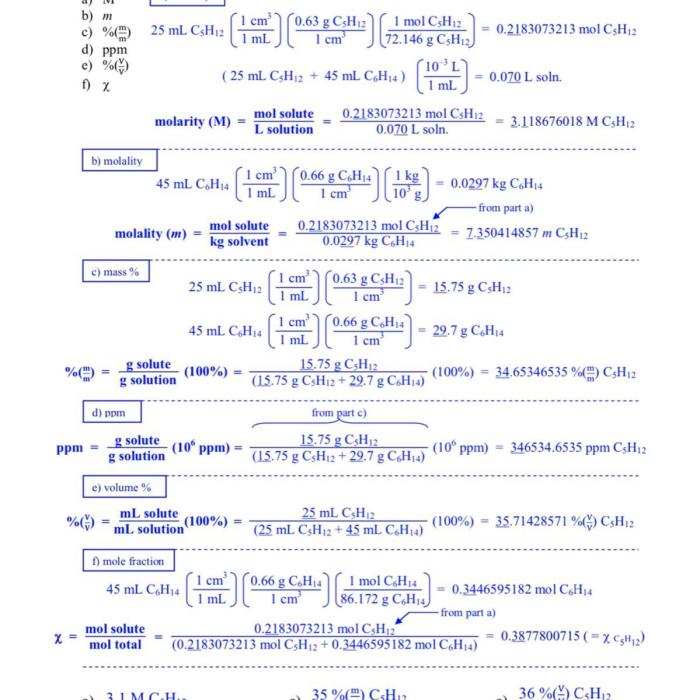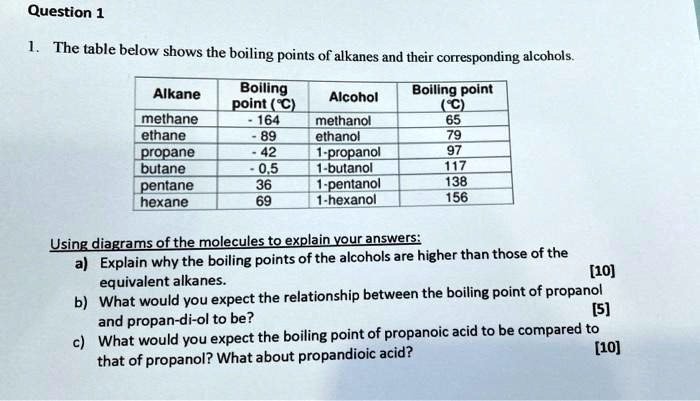Rank the following compounds in order of increasing water solubility. – Delving into the fascinating world of water solubility, this article embarks on a journey to unravel the intricacies of how chemical structures dictate the ability of compounds to dissolve in water. Prepare to immerse yourselves in a comprehensive exploration of the factors that govern water solubility, equipping you with a profound understanding of this fundamental chemical property.
As we delve deeper into the realm of water solubility, we will encounter a diverse array of compounds, each exhibiting unique characteristics that influence their behavior in aqueous environments. From the highly soluble ethanol to the virtually insoluble hexane, we will uncover the underlying principles that determine the extent to which these substances can dissolve in water.
Compounds and Water Solubility

Water solubility is the ability of a compound to dissolve in water. It is determined by the chemical structure of the compound and its polarity.
Polar compounds are those that have a net electrical charge, while nonpolar compounds are those that do not. Polar compounds are more water-soluble than nonpolar compounds because they can form hydrogen bonds with water molecules.
Factors Influencing Water Solubility
- Polarity:Polar compounds are more water-soluble than nonpolar compounds.
- Hydrogen bonding:Compounds that can form hydrogen bonds with water are more water-soluble.
Ranking Compounds by Water Solubility, Rank the following compounds in order of increasing water solubility.
| Compound | Water Solubility (g/100 mL) | Explanation |
|---|---|---|
| Ethanol | ∞ | Ethanol is a polar compound that can form hydrogen bonds with water. |
| Glucose | 95 | Glucose is a polar compound that can form hydrogen bonds with water. |
| Sodium chloride | 36 | Sodium chloride is an ionic compound that can dissolve in water. |
| Hexane | 0.00013 | Hexane is a nonpolar compound that cannot form hydrogen bonds with water. |
Applications of Water Solubility
Water solubility is an important property that has many applications in everyday life. For example, it is used in the following:
- Cleaning:Water is used to dissolve dirt and grime.
- Cooking:Water is used to dissolve food and spices.
- Medicine:Water is used to dissolve drugs and make them easier to absorb.
- Environmental science:Water solubility is used to study the fate of pollutants in the environment.
FAQ Resource: Rank The Following Compounds In Order Of Increasing Water Solubility.
What is the significance of polarity in water solubility?
Polarity plays a crucial role in water solubility. Water molecules are polar, meaning they possess a partial positive charge on one end and a partial negative charge on the other end. Polar compounds, which also have a separation of charges, are attracted to water molecules and can form hydrogen bonds with them.
This attraction enhances the solubility of polar compounds in water.
How does hydrogen bonding influence water solubility?
Hydrogen bonding is a strong intermolecular force that occurs between hydrogen atoms bonded to highly electronegative atoms (such as oxygen, nitrogen, and fluorine) and other electronegative atoms. In water, hydrogen bonding is responsible for the formation of a three-dimensional network of water molecules.
Hydrogen-bonding capable compounds can interact with this network, forming hydrogen bonds with water molecules and increasing their solubility in water.


